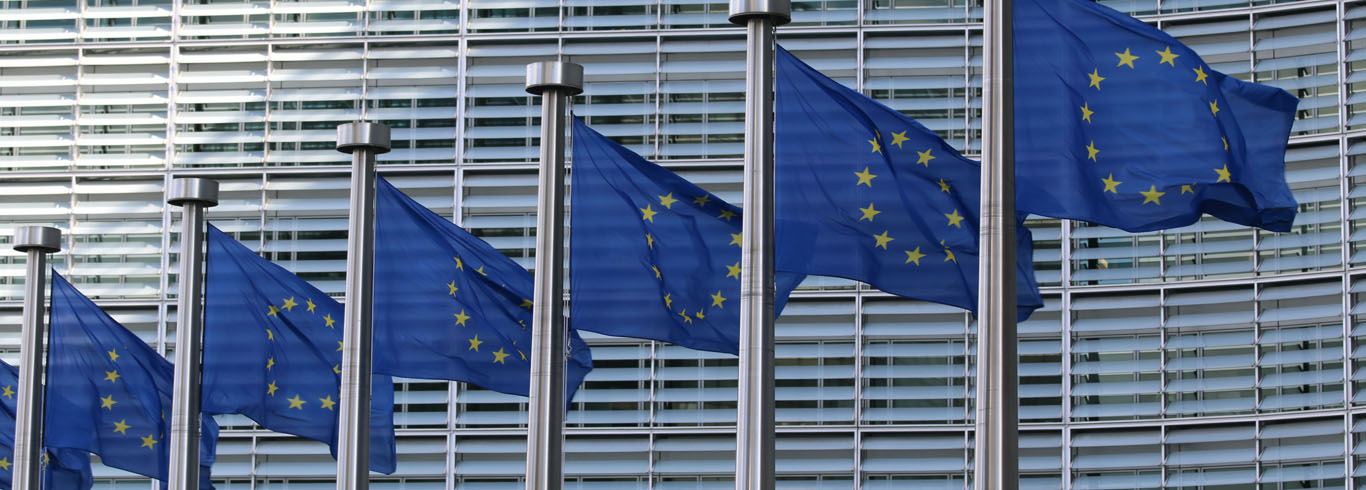EU SMR
Small Modular Reactors
Small modular reactors (SMRs) are advanced nuclear reactors that have a power capacity of up to 300 MW(e) per unit, which are designed to be manufactured off-site and then delivered to a location for final assembly.
SMRs are poised to contribute to meeting rising global demand for small-scale, zero-carbon power generation, while also providing advantages such as lower capital costs, flexibility in placement, and shorter construction times. They can easily be part of any clean energy solution mix for a country or region needing to transition its energy sector away from fossil sources.
SMRs can also play a critical role in decarbonizing hard-to-abate sectors beyond power generation. They can be used for clean hydrogen production, industrial process heat, and desalinated water to meet decarbonization goals, air quality standards, and clean water needs.
Global energy experts have recognized the transformational value that SMRs can provide to a country’s economy, energy security, and environmental outlook.
Carbon Reduction
Many countries are identifying nuclear energy as a key component of meeting ambitious climate plans. Nuclear energy has been a reliable, resilient, and emission-free energy source for decades and is the largest source of emissions-free energy in the United States, providing nearly 55 percent of total carbon-free electricity generation. After hydropower, it is the second-largest source globally at nearly 30 percent. Small modular reactors are equally emissions-free.
Sustainability
On March 29, 2021, the EU’s Joint Research Centre released the results of its comprehensive review, concluding that nuclear energy does no more harm to human health or the environment than any other sustainable power-producing technology.
Nuclear energy is a key part of the mix to reach a net-zero future, and the U.S. Government is in favor of nuclear being included in the implementing regulation for the EU’s sustainable finance taxonomy, including for existing, new-build, and advanced design reactors.
The United States can always assure its partners that U.S. technologies are designed, developed, built, and used under the highest standards of safety, security, and non-proliferation. These standards make international collaboration possible without raising the risks relating to security or proliferation.
The Small Modular Reactor Public-Private Program
The Small Modular Reactor Public-Private Program (SMR PPP) is a U.S. Government interagency initiative led by the U.S. Department of Commerce that aims to position U.S. and European governments and companies to reap the economic and climate benefits of SMRs and support key technical, regulatory, and financial steps to facilitate deploying these innovative technologies.
In Europe, the SMR PPP will address three key challenges to SMR deployment: differing and incompatible codes, standards, and regulatory frameworks; a dearth of project financing, and poor public understanding of new nuclear technologies and a lack of customer and regulator experience.
United States Trade and Development Agency (USTDA) Workshop Series
In support of the SMR PPP, USTDA is funding a Small Modular and Advanced Reactor workshop series focused on standards and regulations. This series is designed to support U.S. industry and European partners in pursuing innovative civil nuclear energy solutions in Europe. Three virtual workshops (December 2020, October 2021, and December 2021) and one in-person workshop (May 2022) have been held to date. The fifth and last workshop is planned in person for December 2022 in Brussels, Belgium.
The Small Modular Reactor Working Group
In 2020, the U.S. Department of Commerce launched a Small Modular Reactor Working Group in furtherance of the SMR PPP, to promote the deployment and export of U.S. SMRs under the highest standards of safety, security, and nonproliferation.
The Working Group addresses the following major challenges for SMR promulgation: regulation and standards, financing, and demand generation.
The Working Group brings U.S. industry and U.S. Government together through quarterly meetings with the goal of expediting SMR deployment in European markets, positioning U.S. companies to succeed in those markets, and working with the European Commission and other European governments to expand opportunities for collaboration with the U.S. Government and U.S. industry.
The Working Group provides its members with sector-specific knowledge of European markets and networking opportunities with prospective European customers, including European government officials.
The Working Group is a fee-based service provided to eligible U.S. companies and associations by the International Trade Administration (ITA). Working Group membership for all entities lasts for a one-year period that commences annually on January 1st and ends on December 31st of the following year. More about the recruitment for 2023 to start on December 1st, 2022.
Contact
For more information on the Small Modular Reactor Public-Private Program and the Small Modular Reactor Working Group, please contact Robyn Garfield, Commercial Attaché at the U.S. Mission the European Union.
- Phone: +32 475 40 69 36
- Email: nathan.donohue@trade.gov
- Office Hours are 9 am to 6 pm Central European Time
